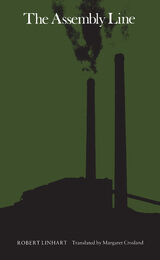
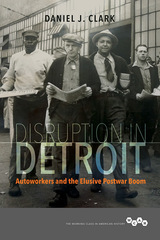

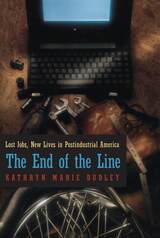
"An excellent study not only of the cultural disruptions caused by the shutdown of Chrysler's operations in Kenosha, Wisconsin, but also of the ideology of progress that abetted the shutdown."—Stephen Amberg, Industrial and Labor Relations Review
"With the eye of an anthropologist, [Dudley] examines the tensions between the 'culture of hands' and the 'culture of mind.' Her account is especially instructive because, by many measures, Kenosha has successfully recovered, yet for many the pain still remains."—Booklist
"Exceptional. . . . Should be widely read."—Douglas Harper, Contemporary Sociology
"Make[s] clear what a tenuous concept economic security is, especially when the rules for achieving security are in flux."—Barbara Presley Noble, New York Times
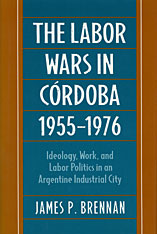
Córdoba is Argentina’s second-largest city, a university town that became the center of its automobile industry. In the decade following the overthrow of Juan Perón’s government in 1955, the city experienced rapid industrial growth. The arrival of IKA-Renault and Fiat fostered a particular kind of industrial development and created a new industrial worker of predominantly rural origins. Former farm boys and small-town dwellers were thrust suddenly into the world of the modern factory and the multinational corporation.
The domination of the local economy by a single industry and the prominent role played by the automobile workers’ unions brought about the greatest working-class protest in postwar Latin American history, the 1969 Cordobazo. Following the Cordobazo, the local labor movement was one characterized by intense militancy and determined opposition to both authoritarian military governments and the Peronist trade union bureaucracy. These labor wars have been mythologized as a Latin American equivalent to the French student strikes of May–June 1968 and the Italian “hot summer” of the same period. Analyzing these events in the context of recent debates on Latin American working-class politics, James Brennan demonstrates that the pronounced militancy and even political radicalism of the Cordoban working class were due not only to Argentina’s changing political culture but also to the dynamic relationship between the factory and society during those years.
Brennan draws on corporate archives in Argentina, France, and Italy, as well as previously unknown union archives. Readers interested in Latin American studies, labor history, industrial relations, political science, industrial sociology, and international business will all find value in this important analysis of labor politics.
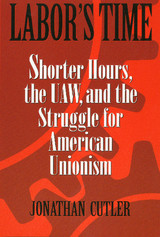

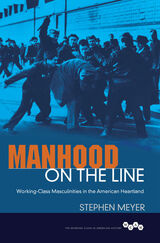
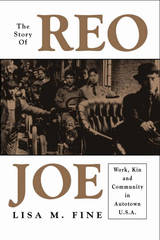

Previously published by Basic Books as The Most Dangerous Man in Detroit: Walter Reuther and the Fate of American Labor
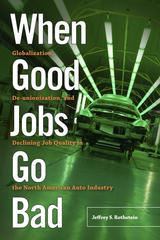
READERS
Browse our collection.
PUBLISHERS
See BiblioVault's publisher services.
STUDENT SERVICES
Files for college accessibility offices.
UChicago Accessibility Resources
home | accessibility | search | about | contact us
BiblioVault ® 2001 - 2024
The University of Chicago Press









